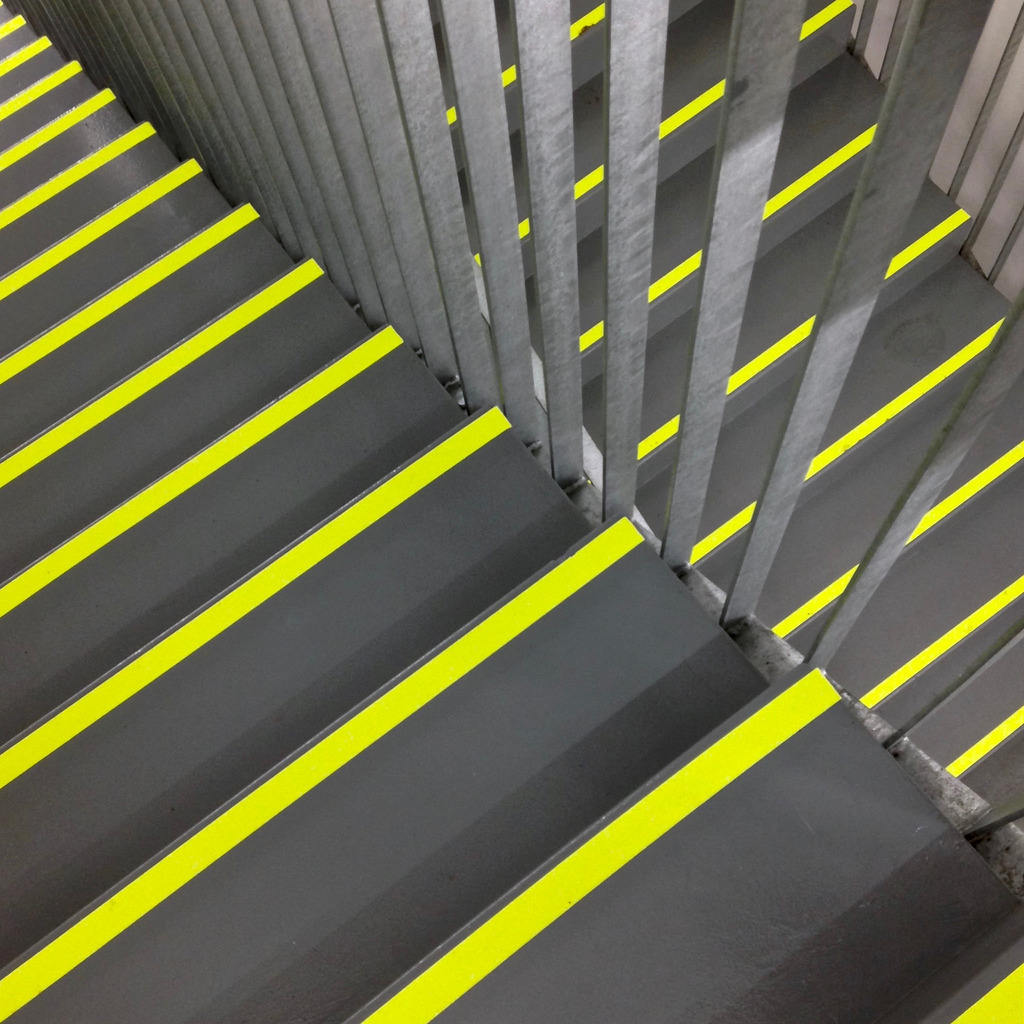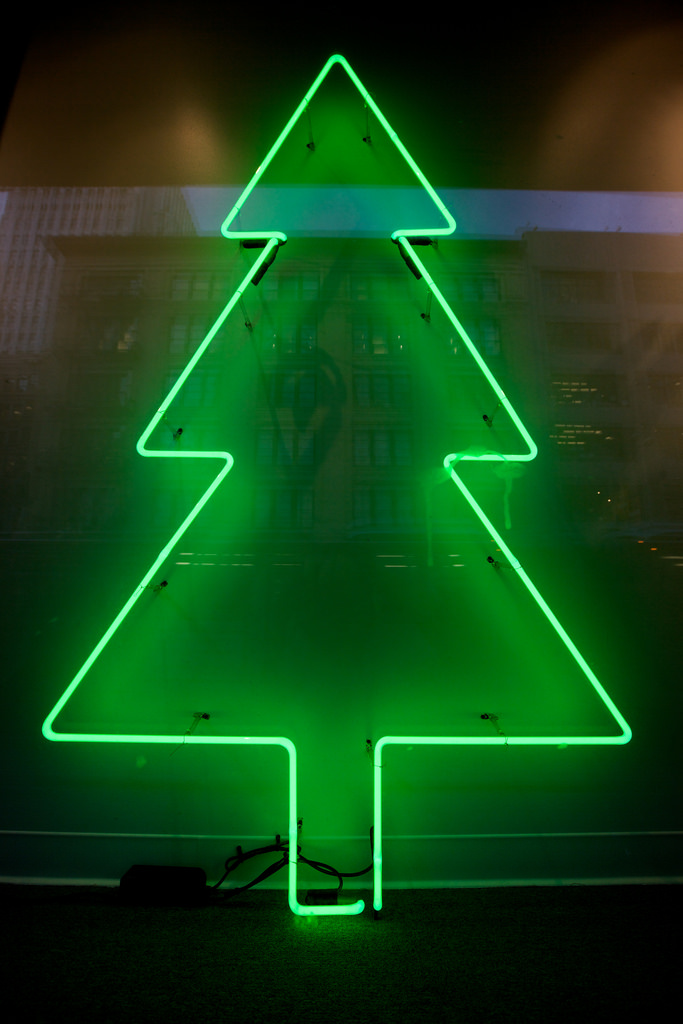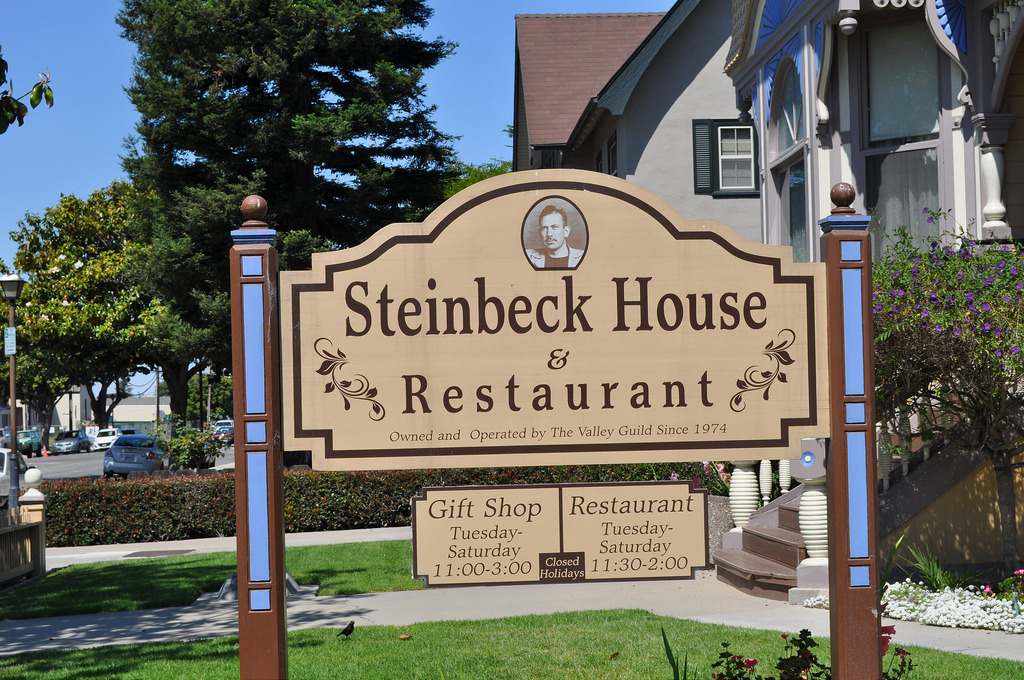Electronic signatures are commonly used in California, especially with real estate contract documents, and are accepted by real estate brokers and escrow officers. But what happens when there is a dispute and the person who supposedly e-signed denies doing so, claiming that the signature was forged? That was the case in a recent decision out of San Diego where a homeowner claimed that they did not sign a financing contract for solar panels. The solar company never proved that the “docusigned” electronic signature was the plaintiff’s by explaining the process used to verify the signature.
 In Rosa Fabian v. Renovate America, Inc., Renovate made an unsolicited phone call to Fabian about solar panel financing. Fabian was never presented with any documents to sign, claiming that all communications were over the phone.
In Rosa Fabian v. Renovate America, Inc., Renovate made an unsolicited phone call to Fabian about solar panel financing. Fabian was never presented with any documents to sign, claiming that all communications were over the phone.
The court found that Renovate met its initial burden to show an agreement to arbitrate by attaching a copy of the Contract to its petition, which purportedly bears Fabian’s electronic initials and signature. Because Fabian declared that she did not sign the Contract and the e-signature was forged, however, Renovate then had “the burden of proving by a preponderance of the evidence that the electronic signature was authentic.
 California Real Estate Lawyers Blog
California Real Estate Lawyers Blog











